
What is cholesterol and why is it bad
Cholesterol is a waxy compound produced normally in human body. About 80% of the cholesterol is produced by the liver while the rest is provided by the food. Foods that contain cholesterol mostly include meat and dairy products.
Not all cholesterol is bad. There are two kinds, LDL is considered to be harmful for health while HDL is actually useful.
LDL, or “bad” cholesterol is today known to be a major contributor and risk factor for many diseases, primary those that affect the cardiovascular system. High amounts of cholesterol in blood leads to atherosclerosis, or thickening of the walls of blood vessels, which can reduce blood flow and oxygen delivery to the tissues. If it happens near the heart, it can cause heart attack, and in brain it causes stroke.
Heart disease is believed to kill one third of the entire human population, and it significantly reduces the life span. Today, it is well known that it is vital to lower the levels of LDL in order to live a healthy, long life.
Natural ways to lower cholesterol
Diet is considered to be the number one method for prevention and treatment of high cholesterol in blood. Cleaner arteries can be achieved by maintaining a healthy, well-balanced diet, rich in fiber and with low content of saturated fats, especially trans fat.
Artichokes are very beneficial for lowering the cholesterol levels. The extract obtained from its leaves contains cynarin, which increases bile production, which in turn blocks the production of cholesterol and speeds up its elimination from the system.
Another great food for fighting cholesterol is garlic. A compound it contains, called allicin, not only lowers the bad cholesterol, but it also raises HDL, or the good cholesterol.
It can be eaten raw, but if the doctor recommends higher intake, it can be taken in the form of capsules.
Chromium is a trace mineral, which improves blood levels and prevents insulin resistance, which is important for regulating cholesterol too.
Gugulipid is the extract of gum from myrrh tree. It has been proven that it reduces cholesterol, even though it is not yet clear how. Pregnant and nursing women should consult their physician before taking this supplement.
Linoleic acid is an omega-6 fatty acid found in soy, corn and sunflower oil. It binds to cholesterol and aids transportation and the metabolism.
Maitake is a Japanese mushroom that is believed to reduce the LDL in blood. It can be found in ethnic grocery stores and in health food shops.
Niacin or vitamin B3 is a vitamin of B complex, which in higher doses can reduce cholesterol. Since it needs to be taken in high doses, there may be some side effects, but they are mild and not dangerous, and usually include flushing of the face.


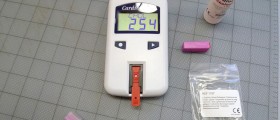

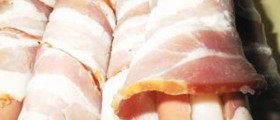
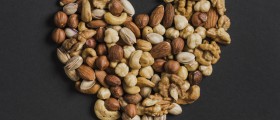
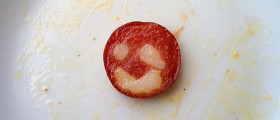
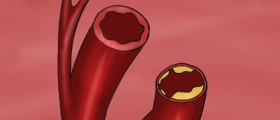
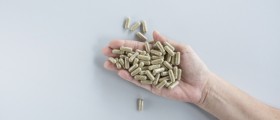



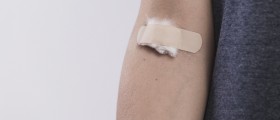


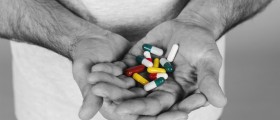
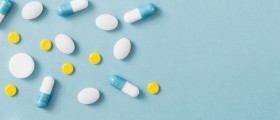
Your thoughts on this
Loading...